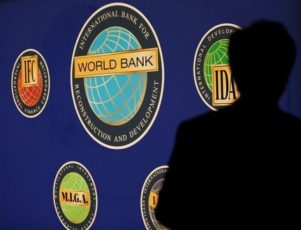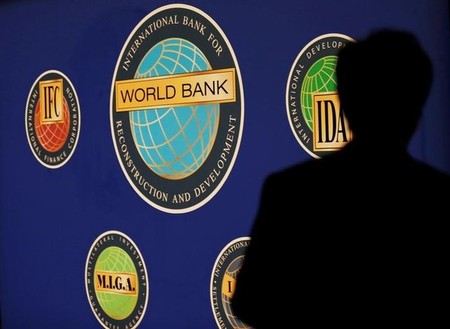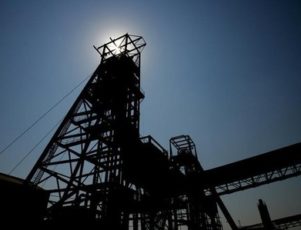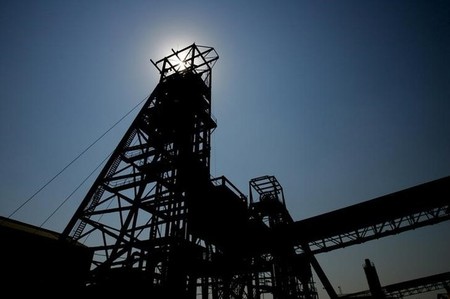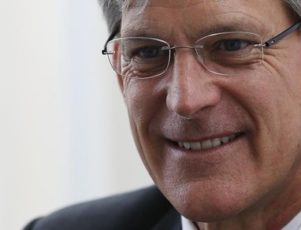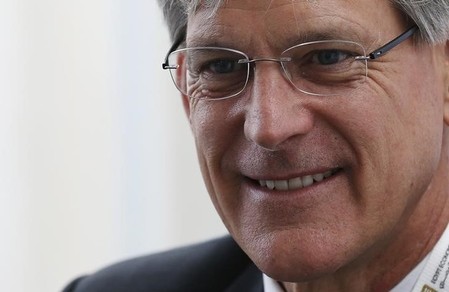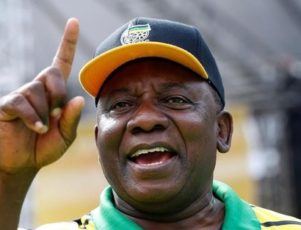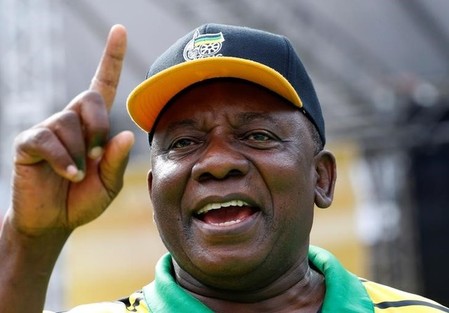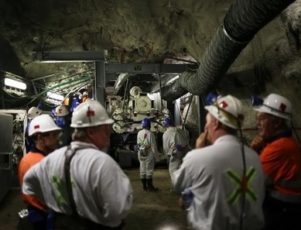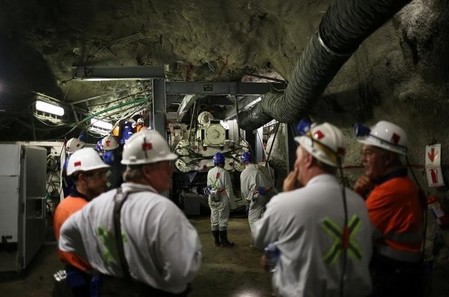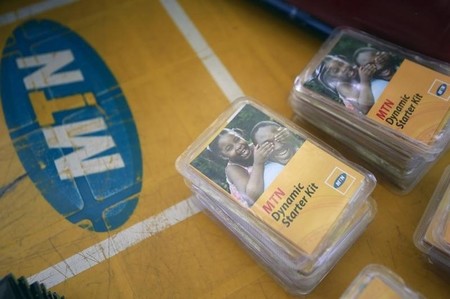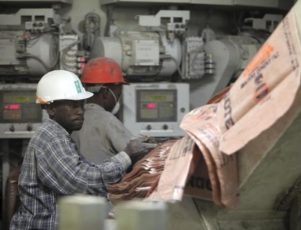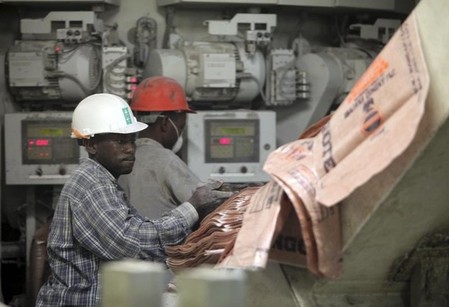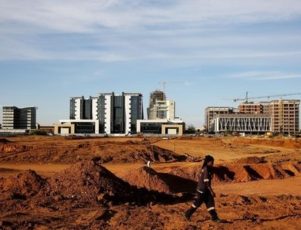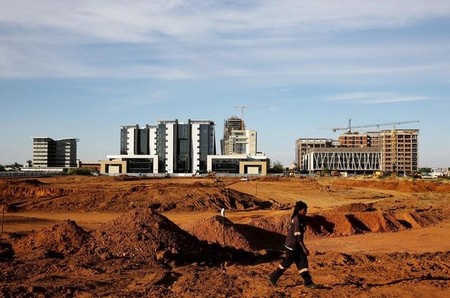By Paul Carsten, Ulf Laessing and Chijioke Ohuocha
ABUJA/LAGOS (Reuters) – Nigeria wants to borrow at least $1 billion from the World Bank to help haul it out of recession and plans to present the required economic reform proposals to the lender this month, officials and diplomats told Reuters.
The oil producer, which has been hit hard by a sharp fall in crude prices since 2014, has been in talks with the Washington-based lender for a year to secure a loan to help plug a yawning budget deficit and fund badly needed infrastructure projects.
But the government has not specified how much money it was looking to borrow from the World Bank, saying only that it aimed to raise $5 billion abroad. It was previously also unclear when Nigeria planned to present its proposed reforms to the lender – which will not consider a loan before it reviews the plans to make the economy more resilient and attractive to investment.
The government now plans to present its economic reform proposals by the end of February, according to government officials and Western diplomats who declined to be named as they are not authorised to speak publicly.
One senior government official said Nigeria would seek a loan of $1 billion from the World Bank, while a second senior official said it could seek as much as $2 billion.
The Nigerian finance ministry declined to comment on the size of the loan being sought or the timing of the submission of the reform proposals.
The World Bank also declined to comment on those matters. A spokeswoman said Nigeria’s economic proposals would be the “basis of which the World Bank will determine with the government the most appropriate lending instrument to support the implementation of the reform plan”.
It was unclear what the government’s economic reform programme would contain.
NEW ROADS
Nigeria, which relies on oil revenue for most of its income, is struggling to drag itself out of its first recession in 25 years. It needs money to help plug a budget deficit of 2.2 trillion naira ($7 billion) for 2016 and help fund a record budget of 7.3 trillion naira for 2017 aimed at stimulating the economy.
It had planned to apply for a World Bank loan last year but the process had ground to a halt because it failed to submit its economic recovery plans by the end of December as initially promised, sources told Reuters last month. [nL5N1F81XP]
The African Development Bank (AfDB), meanwhile, is holding back the second, $400 million, tranche of a $1 billion loan because it is also awaiting the reform plans.
Nigeria will present its economic proposals to the AfDB at the same time as the World Bank, according to the government officials.
A spokeswoman for the Abidjan-based AfDB declined to comment.
It is unclear why the government has not previously submitted its reform plans to the two international lenders. A funding deadlock could throw into doubt badly needed projects planned for this year, including new roads and improvements to power infrastructure.
The government is selling $1 billion of Eurobonds this week but this falls short of the $5 billion Nigeria said a year ago it wanted to borrow abroad including the World Bank.
‘CRITICAL REFORMS’
Nigeria’s government has butted heads with investors over the best course for the economy.
A reluctance by Nigerian authorities to apply a more flexible foreign exchange rate policy and other macroeconomic reforms to stimulate foreign investment has hampered talks to secure loans abroad.
The AfDB has criticised Nigeria’s central bank’s decision to curb access to hard currency, which has forced the closures of manufacturing plants unable to import raw materials.
The World Bank says it supports “critical reforms for restoring macroeconomic resilience”. Western diplomats say the bank wants to see how Nigeria plans to lower its dependence on oil revenues and boost investment, which has been hit by a high official exchange rate for the naira currency.
Nigeria’s central bank, backed by President Muhammadu Buhari, has kept the naira rate to the dollar at 40 percent above the unofficial – or parallel – market rate, which has dried up dollar supplies on official channels.
The policy has also made investors reluctant to commit new projects as they expect the central bank will have to devalue the naira eventually.
($1 = 315.0000 naira)
(Additional reporting by Felix Onuah, Oludare Mayowa and Joe Bavier; Writing by Ulf Laessing; Editing by Pravin Char)

